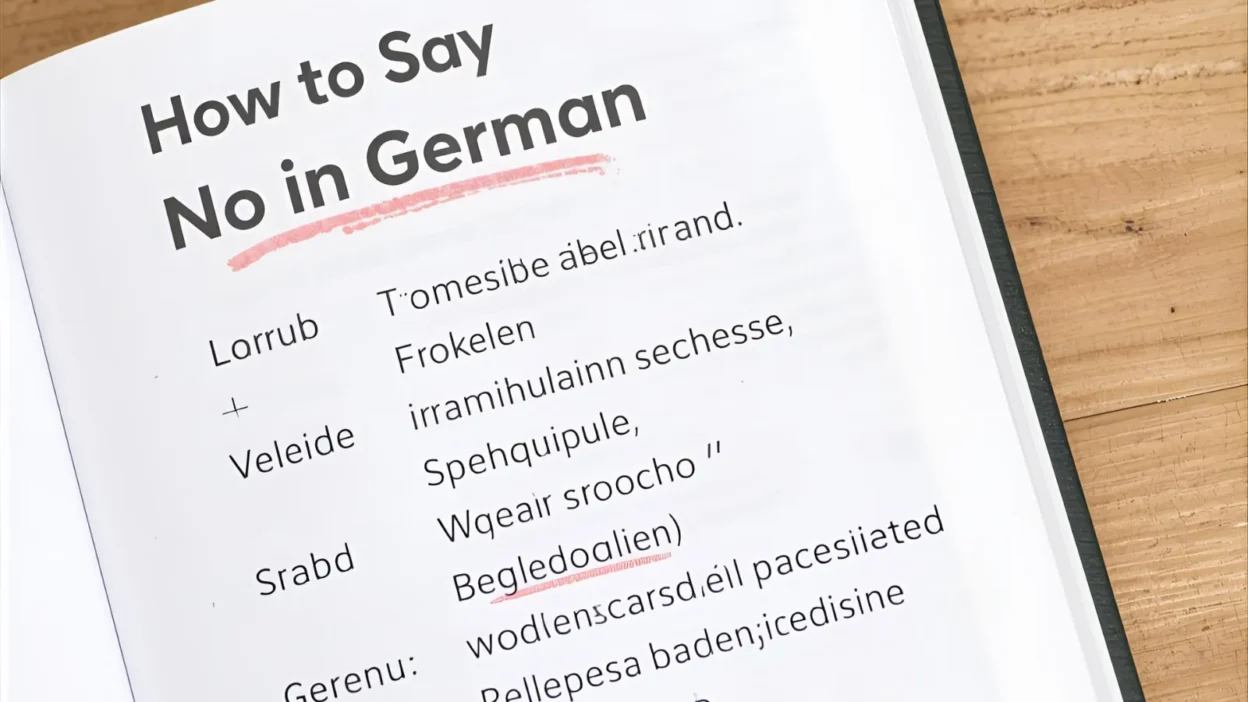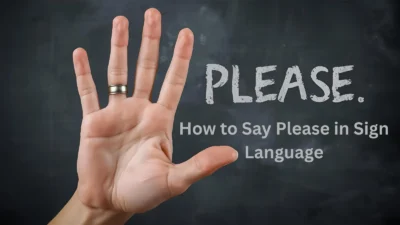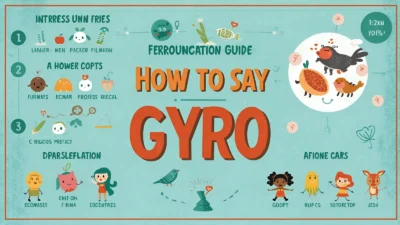How to Say No in German is one of the first and most useful phrases you’ll need when learning the language.
The most common way to refuse politely is by using the word nein, which works in almost every situation. But depending on the tone, formality, and context, Germans use several variations to sound softer or stronger.
And if you’re wondering how to say no in German in English, it simply translates to “no,” making it easy to remember and apply in conversations.
Say No in German
15 Ways to Say No in German
| No. | German Phrase | Pronunciation | Meaning / Usage |
|---|---|---|---|
| 1 | Nein | nine | No (basic, standard) |
| 2 | Nö | nuh | Nope (casual, informal) |
| 3 | Auf keinen Fall | owf KYE-nen fall | No way / Absolutely not |
| 4 | Leider nicht | LY-der nisht | Unfortunately not |
| 5 | Absolut nicht | AB-so-loot nisht | Absolutely not |
| 6 | Kommt nicht in Frage | komt nisht in FRAH-guh | Out of the question |
| 7 | Nein, danke | nine, DAN-keh | No, thank you (polite) |
| 8 | Eher nicht | AY-er nisht | Rather not |
| 9 | Vielleicht später | fee-LYKH-sht SHPAY-ter | Maybe later |
| 10 | Keine Chance | KYE-neh SHAHN-seh | No chance |
| 11 | Nicht möglich | nisht MURKH-likh | Not possible |
| 12 | Nein, absolut nicht | nine, AB-so-loot nisht | No, absolutely not |
| 13 | Kommt gar nicht infrage | komt gahr nisht in FRAH-guh | Definitely not |
| 14 | Ich glaube nicht | ikh GLOW-beh nisht | I don’t think so |
| 15 | Auf gar keinen Fall | owf gahr KYE-nen fall | Under no circumstances |
This guide will teach you 15 practical ways to say no in German, complete with real conversation examples and cultural insights.
How to Say No in German Funny
Sometimes, a simple nein isn’t enough — especially if you want to keep things lighthearted.
To say no in a funny way in German, you can exaggerate phrases like Auf keinen Fall! (“No way!”) with dramatic tone, or use casual expressions such as Nö, niemals! (“Nope, never!”) to sound playful.
Another humorous option is Träum weiter! (“Keep dreaming!”), which jokingly shuts something down while making the conversation fun.
1. Nein – No

Origin:
The standard word for “no” in German. Direct and widely used in all types of situations.
Example:
👤 User A: Willst du heute Abend mit uns essen gehen? (Do you want to have dinner with us tonight?)
👤 User B: Nein, danke. Ich bin müde. (No, thanks. I’m tired.)
Use: Neutral and direct; works in most situations.
2. Nein, danke – No, thank you
Origin:
A polite and commonly used version of “no” in both formal and casual settings.
Example:
👤 User A: Möchtest du noch ein Stück Kuchen? (Would you like another piece of cake?)
👤 User B: Nein, danke. Es war lecker, aber ich bin satt. (No, thank you. It was delicious, but I’m full.)
Use: Polite and respectful; great for declining offers.
3. Auf keinen Fall – No way / Absolutely not

Origin:
Literally “under no circumstance.” Used for strong, emotional rejection.
Example:
👤 User A: Würdest du für ihn lügen? (Would you lie for him?)
👤 User B: Auf keinen Fall! (Absolutely not!)
Use: Strong and emphatic; serious or passionate contexts.
4. Nö – Nah / Nope
Origin:
A super casual version of “nein.” Often used in relaxed conversations or among friends.
Example:
👤 User A: Kommst du mit ins Kino? (Are you coming to the movies?)
👤 User B: Nö, keine Lust. (Nah, don’t feel like it.)
Use: Informal, sometimes playful.
5. Leider nicht – Unfortunately not
Origin:
Adds sympathy to your refusal; useful when you want to soften the blow.
Example:
👤 User A: Hast du Zeit, mir bei der Hausarbeit zu helfen? (Do you have time to help me with homework?)
👤 User B: Leider nicht, ich habe heute zu viel zu tun. (Unfortunately not, I have too much to do today.)
Use: Polite, considerate.
6. Kommt nicht in Frage – Out of the question
Origin:
Means “that’s not even up for discussion.” Common in serious situations.
Example:
👤 User A: Können wir das einfach ignorieren? (Can we just ignore it?)
👤 User B: Das kommt nicht in Frage! (That’s out of the question!)
Use: Firm and serious.
7. Ich glaube nicht – I don’t think so

Origin:
A softer, more indirect way to say no, often used in uncertain or polite disagreement.
Example:
👤 User A: Denkst du, dass er recht hat? (Do you think he’s right?)
👤 User B: Ich glaube nicht. (I don’t think so.)
Use: Polite and thoughtful.
8. Auf gar keinen Fall – Under no circumstances
Origin:
An even stronger version of “auf keinen Fall.” Often used to stress refusal.
Example:
👤 User A: Wirst du es ihr sagen? (Will you tell her?)
👤 User B: Auf gar keinen Fall! (Absolutely not!)
Use: Emotional and emphatic.
9. Nie im Leben! – Not in a million years!
Origin:
Literally “Never in my life!” Similar to the English expression for strong disbelief or rejection.
Example:
👤 User A: Würdest du nach Sibirien ziehen? (Would you move to Siberia?)
👤 User B: Nie im Leben! (Not in a million years!)
Use: Strong, dramatic; often humorous or exaggerated.
10. Negativ – Negative
Origin:
Borrowed from military or technical language. Sometimes used in modern or ironic contexts.
Example:
👤 User A: Ist dein Handy noch an? (Is your phone still on?)
👤 User B: Negativ. Akku leer. (Negative. Battery’s dead.)
Use: Slightly formal or playful; often humorous.
11. Kommt drauf an – It depends (implied “maybe no”)
Origin:
While not a direct “no,” this phrase often signals hesitation or soft refusal.
Example:
👤 User A: Willst du mit uns feiern? (Want to celebrate with us?)
👤 User B: Kommt drauf an, wie ich mich fühle. (Depends on how I feel.)
Use: Indirect or noncommittal.
12. Nicht wirklich – Not really

Origin:
Used to gently disagree or decline.
Example:
👤 User A: Magst du Jazz? (Do you like jazz?)
👤 User B: Nicht wirklich. (Not really.)
Use: Mild and polite.
13. Ich denke nicht – I don’t think so
Origin:
Similar to “Ich glaube nicht” but sounds slightly more confident or final.
Example:
👤 User A: Willst du nochmal mit ihm reden? (Do you want to talk to him again?)
👤 User B: Ich denke nicht. (I don’t think so.)
Use: Calm and polite.
14. Kommt nicht infrage – Absolutely not (formal)
Origin:
A formal, strong phrase meaning “not open to consideration.”
Example:
👤 User A: Können wir den Vertrag noch ändern? (Can we still change the contract?)
👤 User B: Das kommt nicht infrage. (Absolutely not.)
Use: Business or formal settings.
15. Nope (used jokingly in German)
Origin:
Borrowed directly from English pop culture. Often used by young Germans or online.
Example:
👤 User A: Machst du heute Sport? (Are you working out today?)
👤 User B: Nope! Nur Netflix. (Nope! Just Netflix.)
Use: Playful, often in informal chats or texts.
FAQs
1. What is the basic way to say no in German?
The simplest and most common word is “Nein,” which directly means “No.”
2. How do you pronounce “Nein”?
It’s pronounced like “nine” in English — /naɪn/.
3. Are there other ways to say no in German?
Yes! You can also say “Nee” (informal), “Nö” (casual), or “Auf keinen Fall” (no way).
4. How do I say no politely in German?
You can say “Nein, danke” (No, thank you) or “Lieber nicht” (I’d rather not).
5. How do Germans say no without sounding rude?
They often add polite phrases like “Danke” or “Tut mir leid” (I’m sorry) after “Nein.”
6. What’s an informal or friendly way to say no?
You can say “Nee” or “Nö,” which sound relaxed and casual.
7. How do you say “No problem” in German?
You can say “Kein Problem.” It literally means “no problem.”
8. How do you say “Absolutely not” in German?
You can say “Auf keinen Fall!” or “Ganz und gar nicht!”, both meaning “Absolutely not!”
9. How do you say no in a formal setting?
Use “Nein, danke” or “Leider nicht” (Unfortunately not) to sound polite and respectful.
10. What’s a soft or indirect way to say no in German?
You can say “Vielleicht später” (Maybe later) or “Ich glaube nicht” (I don’t think so) — both sound gentler.
Conclusion:
Learning how to say no in German is key to sounding natural and confident in conversations. From the simple nein to softer refusals like leider nicht or vielleicht später, each phrase helps you adapt to different situations. By practicing these expressions, you’ll be able to communicate boundaries politely while still sounding respectful in German.



